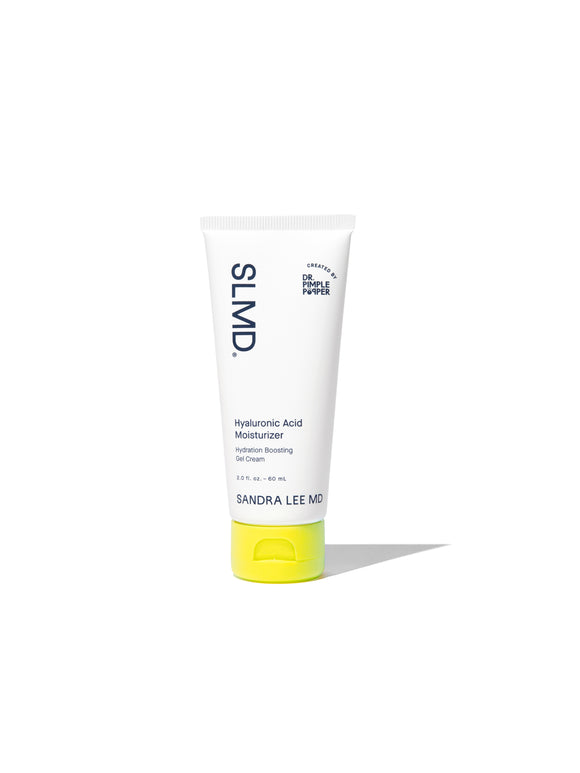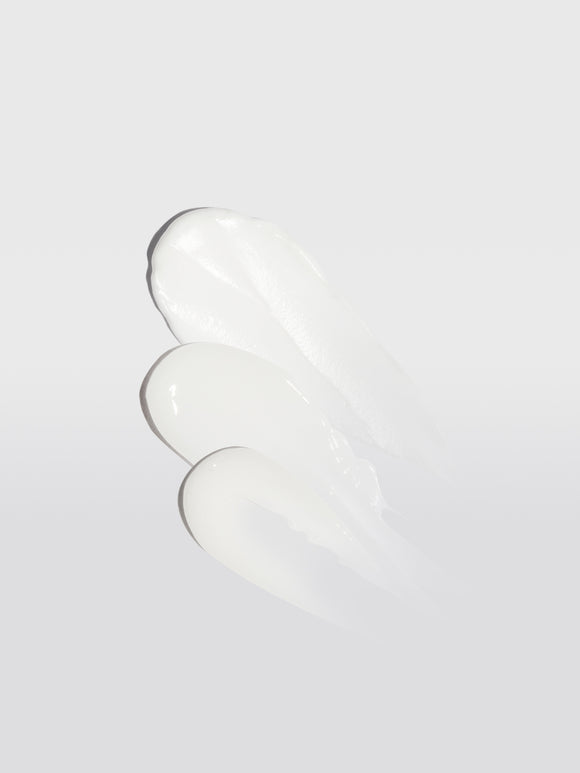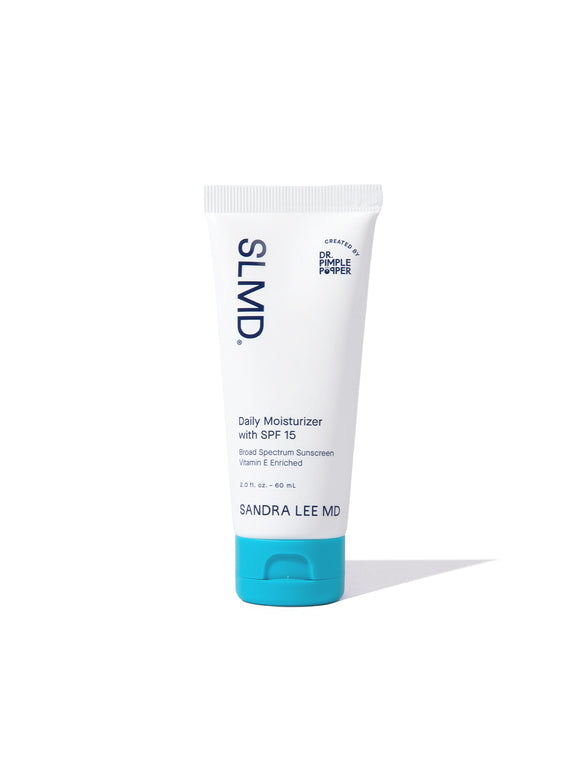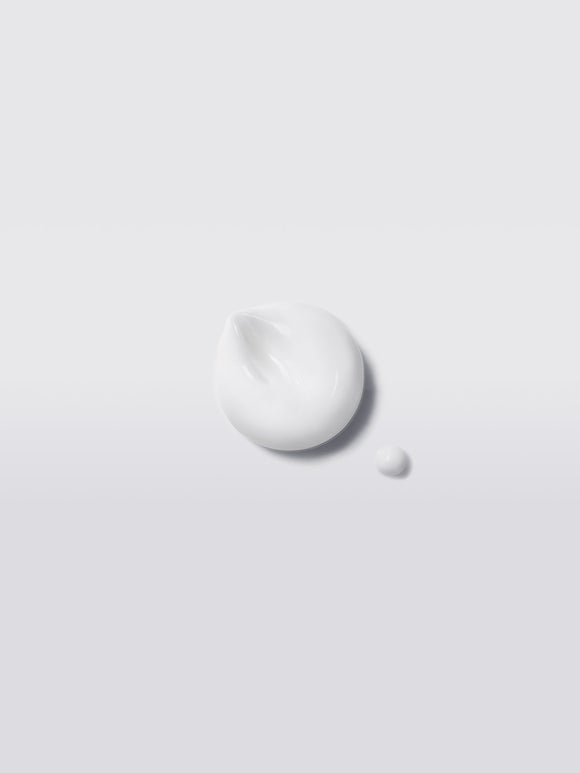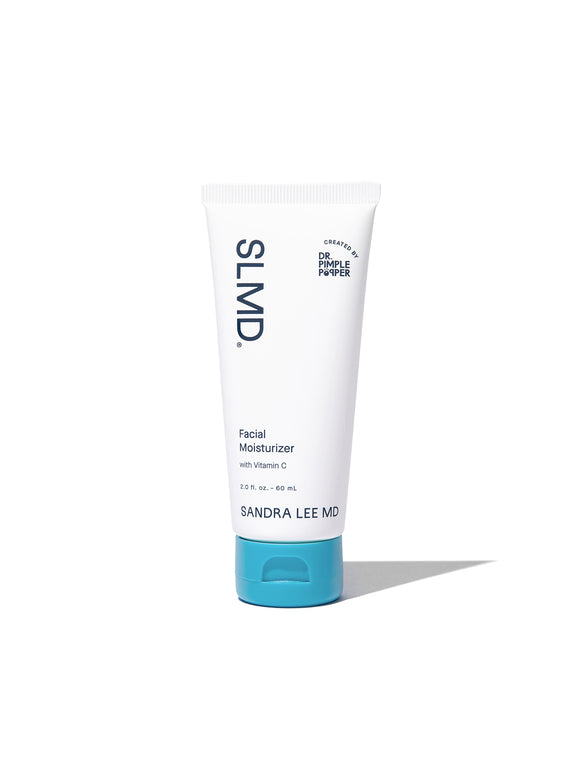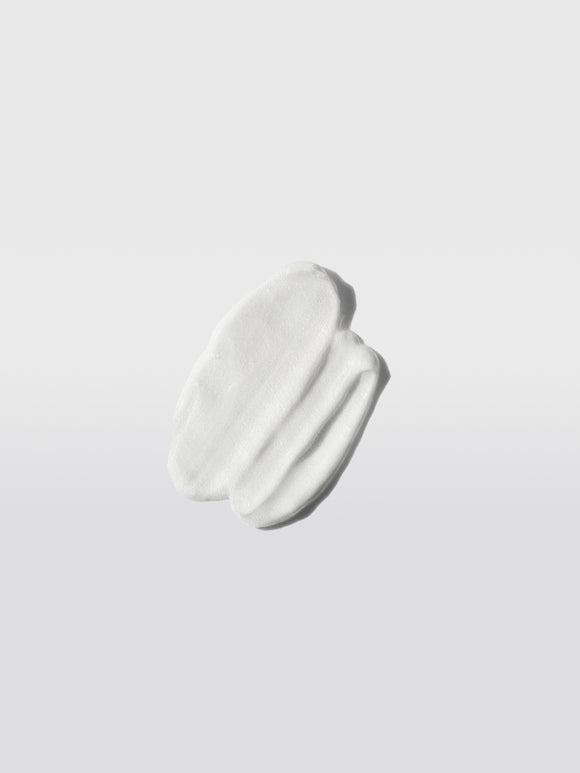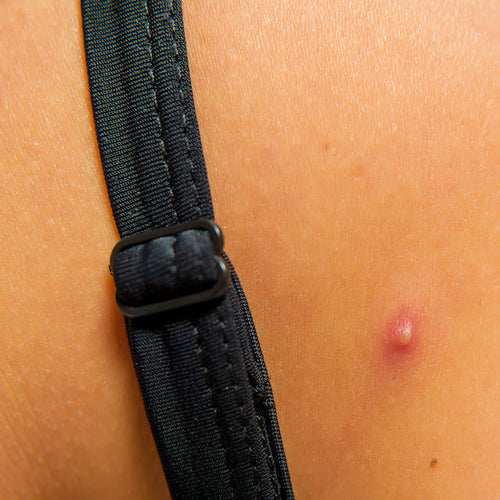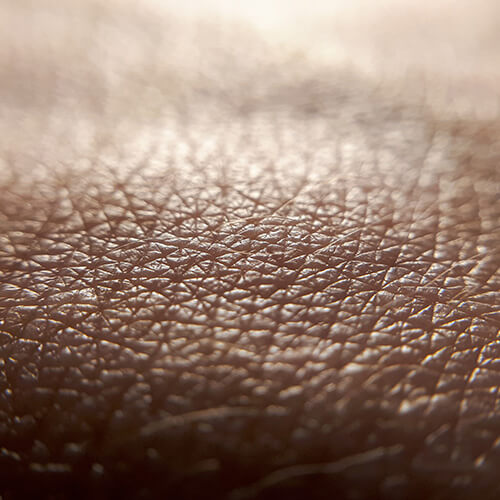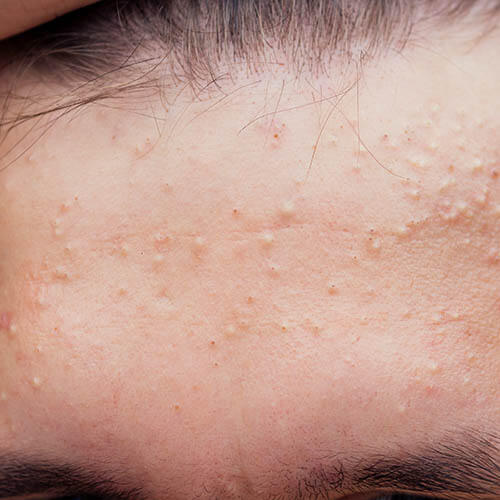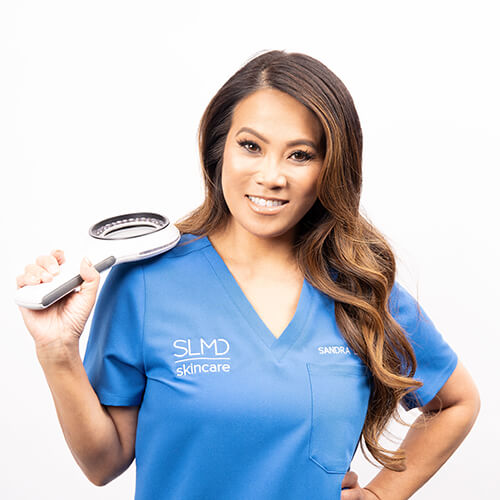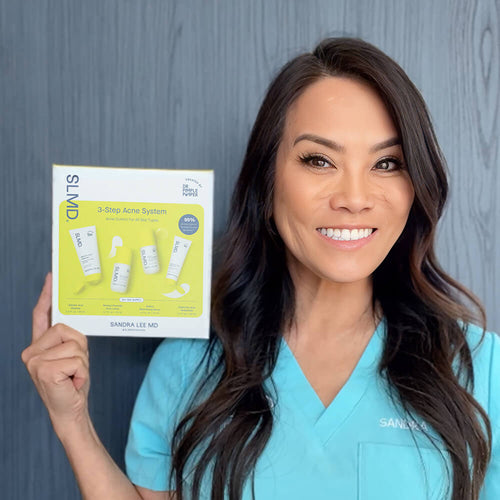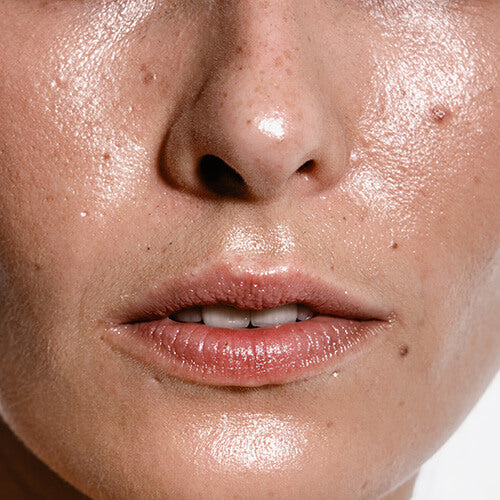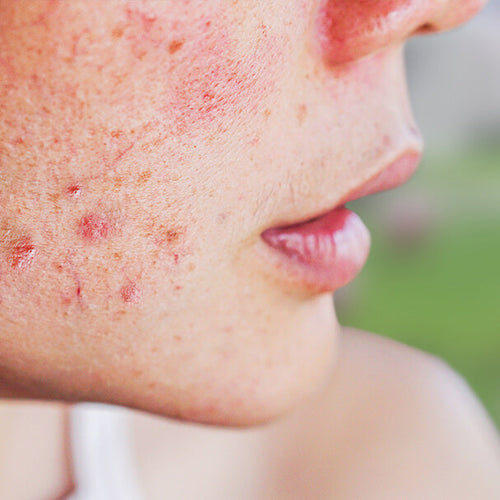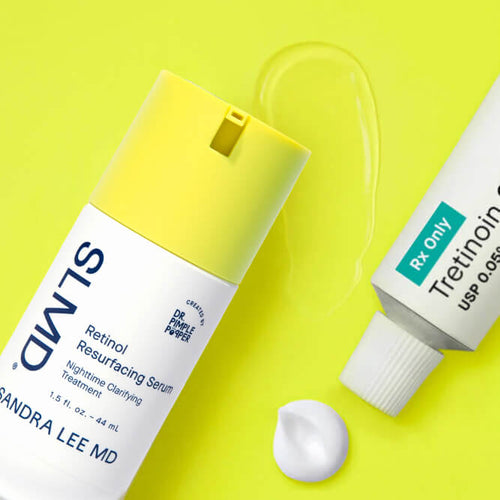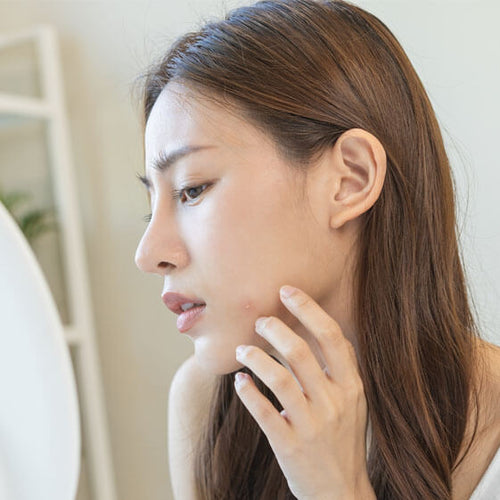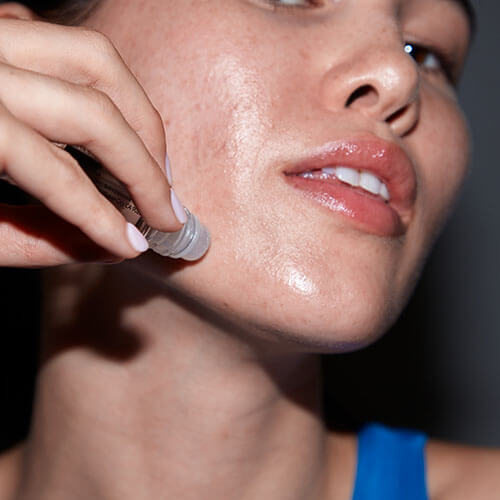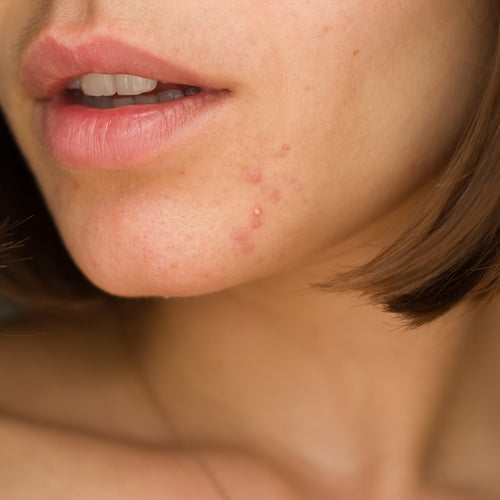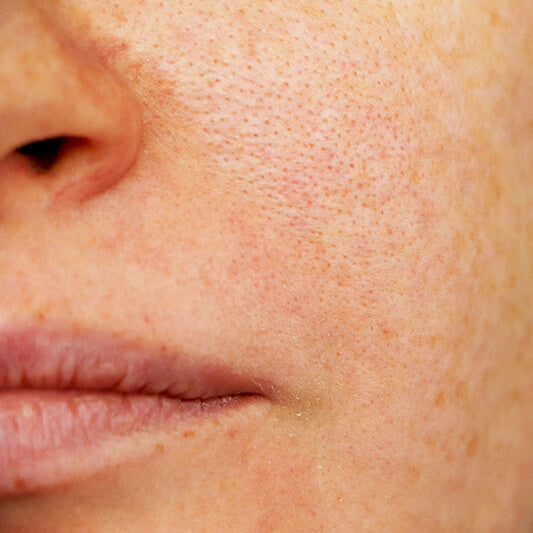
How Moisturizer Helps Oily and Acne-Prone Skin
Dr. Pimple Popper busts one of the biggest misconceptions about moisturizing.Published:
4 minute read
Time for skincare true-or-false: If you’ve got oily or acne-prone skin, you don’t need moisturizer.
If you guessed false, you’re on top of your skincare game. It may seem counterintuitive, but even oily and acne-prone skin benefits from moisturizer, says SLMD Skincare founder Sandra Lee, MD (aka Dr. Pimple Popper) — here’s why.
Article Quick Links
What causes oily skin?
Oil — aka sebum — is a necessary component of healthy skin. It’s produced by sebaceous glands located within your pores. Sebum plays several important roles, including:
- Lubricating skin and hair: Keeps the skin soft and flexible
- Maintaining skin's protective barrier: Shields against environmental damage
- Providing antioxidant and antibacterial functions: Protects the skin from harmful microorganisms
However, when your skin overproduces sebum, it becomes oily, and when that oil gets trapped within the pores, it can lead to acne.
How to tell if your skin is oily
It’s possible to have skin that’s both oily and dehydrated (who knew?), which can make identifying your skin type tricky. To check if your skin is oily, wash your face and observe how long it takes for oil to appear. If it’s less than 30 minutes, your skin is likely producing excess sebum.
Why does oily or acne-prone skin need moisturizer?
Moisturizing isn’t just about adding water; it’s about maintaining balance in your skin’s barrier function. Moisturizers help regulate oil production, soothe inflammation, and prevent the skin from becoming overly dry, which can trigger more oil production.
Key Benefits of Moisturizing for Oily and Acne-Prone Skin
- Supports the skin barrier: A healthy skin barrier helps prevent environmental irritants from penetrating and causing inflammation.
- Balances oil production: When the skin is properly hydrated, it signals the sebaceous glands to produce less sebum.
- Reduces irritation from acne treatments: Ingredients like salicylic acid, benzoyl peroxide, and sulfur can dry out the skin, and moisturizers help counteract this effect.
Pro tip: If you have chronic acne, says Dr. Lee, opt for a complete routine that treats and prevents both clogged pores and pimples. Try: SLMD Acne System.
Dr. Pimple Popper's Top Moisturizers for Oily/Acne-Prone Skin
What moisturizers are best for oily or acne-prone skin?
Choosing the right moisturizer is crucial. Look for these features when selecting a moisturizer for oily or acne-prone skin:
- Non-comedogenic: Products labeled as non-comedogenic won’t clog your pores.
- Lightweight formulations: Opt for gels, lotions, or serums over heavy creams.
- Hydrating ingredients: Look for ingredients like hyaluronic acid, niacinamide, and glycerin that add hydration without adding oil.
Moisturizing ingredients that benefit oily and acne-prone skin:
- Hyaluronic acid: A powerful hydrator that adds moisture without heaviness, helping to keep the skin plump and hydrated.
- Niacinamide: Helps reduce inflammation, regulate oil production, and improve the overall appearance of pores.
- Aloe vera: Soothes and calms the skin, reducing redness and irritation common in acne-prone skin types.
Try: SLMD Hyaluronic Acid Moisturizer, Facial Moisturizer with Vitamin C, Daily Moisturizer with SPF 15
Common mistakes to avoid when moisturizing oily or acne-prone skin
- Skipping moisturizer entirely: This can lead to increased oil production as your skin tries to compensate for the dryness.
- Using heavy or oil-based products: These can clog pores and worsen acne.
- Not adjusting your routine based on seasonal changes: You may need a richer formula in winter and a lighter one in summer.
Dr. Pimple Popper answers FAQs about moisturizing oily skin
Q: How often should I moisturize if I have oily or acne-prone skin?
A: Even if your skin is oily or acne-prone, it’s important to moisturize at least twice a day—once in the morning and once at night, after applying your acne treatment product(s). Consistent moisturizing helps maintain your skin’s hydration balance and supports a healthy barrier, which can actually reduce excess oil production.
Q: Can using the wrong moisturizer cause breakouts?
A: Yes, using the wrong moisturizer — especially one that is too heavy or contains comedogenic ingredients — can clog pores and trigger breakouts. It’s crucial to choose a lightweight, non-comedogenic moisturizer that hydrates without adding excess oil.
Q: What ingredients should I look for in a moisturizer for acne-prone skin?
A: Look for moisturizers with hydrating ingredients like hyaluronic acid and glycerin, which add moisture without clogging pores. Niacinamide is another great ingredient that helps control oil production, reduces inflammation, and minimizes the appearance of pores.
Q: Is it possible to have oily skin and still be dehydrated?
A: Yes, oily skin can still be dehydrated if it lacks water while producing excess oil. This often leads to a cycle of overproduction of sebum to compensate for dryness, making the skin appear greasy but still feeling tight or flaky. Using a hydrating, non-comedogenic moisturizer helps break this cycle.

Dr. Lee's Last Word
It’s a very common misconception that if your skin is oily or acne-prone, you don’t need — or even shouldn't use — moisturizer. But all skin needs oil to stay healthy, you just have to be choosy about the ingredients and formula so that your skin stays balanced, not breakout-prone.



